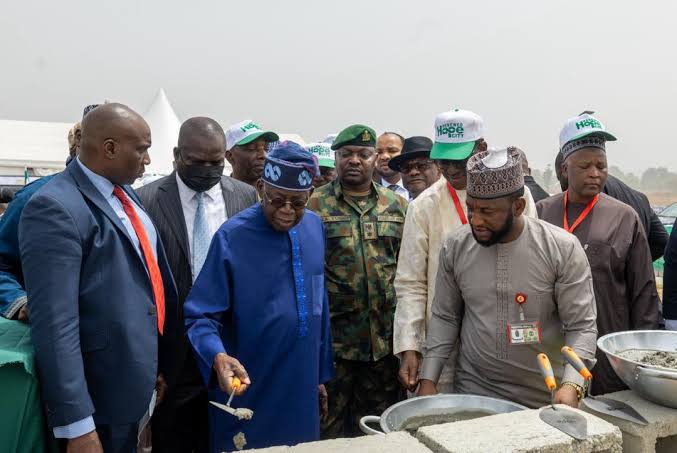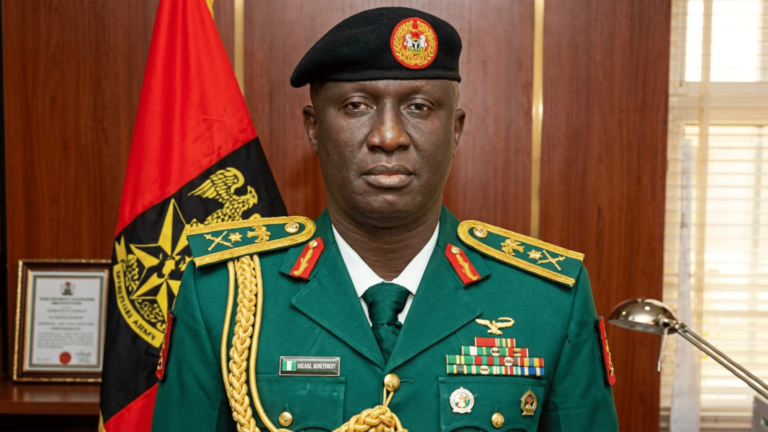
ABUJA, Nigeria – The National Agency for Science and Engineering Infrastructure (NASENI) is spearheading a nationwide initiative to create jobs and empower young people through its Skill Acquisition Centres (NSACs) and training workshops. This flagship program supports President Bola Ahmed Tinubu’s “Renewed Hope Agenda” by equipping young Nigerians with practical skills for key sectors of the economy.
NASENI, under the leadership of Executive Vice Chairman and CEO Khalil Suleiman Halilu, is investing in tools, technology, and human capital to develop a skilled workforce capable of driving Nigeria’s industrialization and economic transformation.
“We are guided by the President’s Eight Priority Areas, especially on economic growth, job creation, ending poverty, and empowering our youth to become producers and innovators,” Halilu stated.
NASENI operates approximately a dozen Development Institutes nationwide, each focused on specific sectors such as power, agriculture, manufacturing, and advanced engineering. These institutes are complemented by two strategic interventions: the establishment of NASENI Skill Acquisition Centres (NSACs) in all states and ongoing Skill Acquisition Training Workshops in multiple cities across the country.
See more: NASENI Focuses on Strengthening Local Manufacturing in Nigeria
These interventions are designed to combat youth unemployment, foster self-reliance, and spark entrepreneurship in technical and vocational fields such as solar power installation and maintenance, electrical systems and panel repair, tailoring and shoemaking, and appliance diagnostics.
Recent workshops in Ebonyi, Anambra, and Imo States focused on advanced electrical installation and maintenance techniques, as well as solar energy. In Osun State, youth were trained in modern tailoring and shoemaking, expanding vocational alternatives beyond tech fields. Participants receive starter kits and real-world problem-solving experience, preparing them for skilled employment or launching small enterprises.
Testimonials from participants highlight the impact of the training. Mr. Chinedu Okafor, an electrical engineering graduate, noted that NASENI provided him with the practical know-how he lacked. Miss Grace Nwankwo shared how the solar training ignited her dream to enter renewable energy.
Beyond technical skills, NASENI’s training fosters entrepreneurship, community resilience, energy efficiency, economic diversification, and global competitiveness.
NASENI’s grassroots approach reflects global best practices in workforce development, recognizing that skills, adaptability, and innovation are essential in today’s dynamic job market.
By establishing NSACs and scaling training workshops, NASENI is creating a ripple effect across communities, sparking new SMEs, reducing poverty, and building a pipeline of professionals equipped for Nigeria’s infrastructure and technological needs.
“Science, engineering, and innovation are not only about research — they are tools of empowerment,” said Halilu. “With vision and execution, they can change lives.”
NASENI’s efforts align with the United Nations Sustainable Development Goals, particularly those related to poverty reduction, quality education, and decent work and economic growth. The program has the potential to serve as a model for other developing nations seeking to address youth unemployment and promote sustainable development through skills training and technological innovation.



